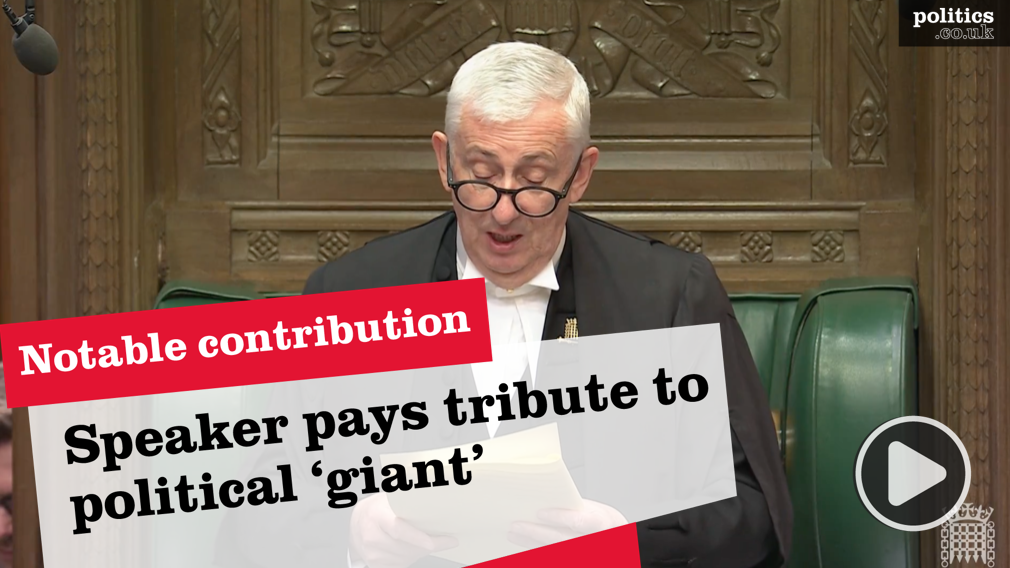University access ‘needs improving’
The government faces criticism over its efforts to widen participation in higher education.
A report for parliament by the National Audit Office concludes the Department for Innovation, Universities and Skills could do more to tailor its resources to people’s circumstances.
It finds older universities are not as good at broadening access to higher education and says the poorest white groups are most under-represented.
The government is criticised for its incomplete data on student background, which NAO head Tim Burr says reflects wider failings.


“Not enough is known about the extent to which disadvantaged groups are under-represented in higher education, or what measures to widen participation are most effective,” he explained.
“The Department and the Funding Council need to secure better data on participation, for example by social class or disability.”
Liberal Democrat higher education spokesperson Stephen Williams expressed frustration with the “little progress” seen during Labour’s ten years in power.
He called for ministers to conduct a “comprehensive study to gain a full understanding of why certain groups are still so under-represented”.
Universities UK president Rick Trainor said solving this problem lay with government, commenting: “Universities cannot admit people who are not applying to enter higher education.”
“All the UK’s universities are committed to offering the opportunity of higher education to those who can benefit from it, regardless of background,” he said.
The government points out that progress is being made, with DIUS statistics published today showing university participation in the bottom four socio-economic groups increasing from 17.5 per cent to 19 per cent in the four years to 2006.
“This clearly demonstrates that the breadth of activities that the government has put in place are working,” higher education minister Bill Rammell said.
“We have a great deal of data about widening participation in higher education, and have plans to gather more,” he added.
A report has been commissioned to examine how the DIUS’ statistics could better support public policy.












